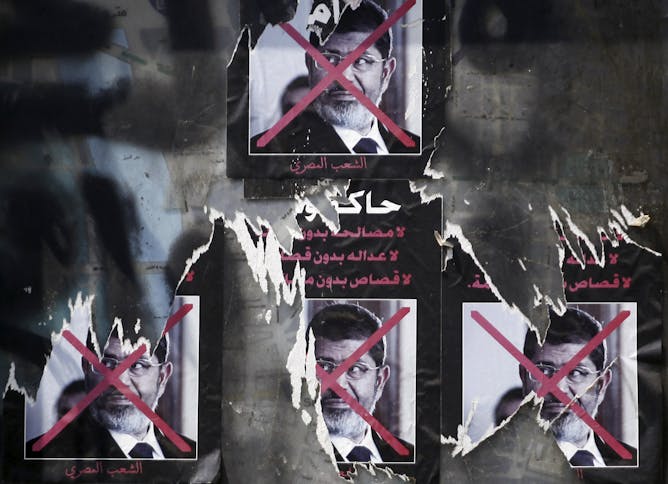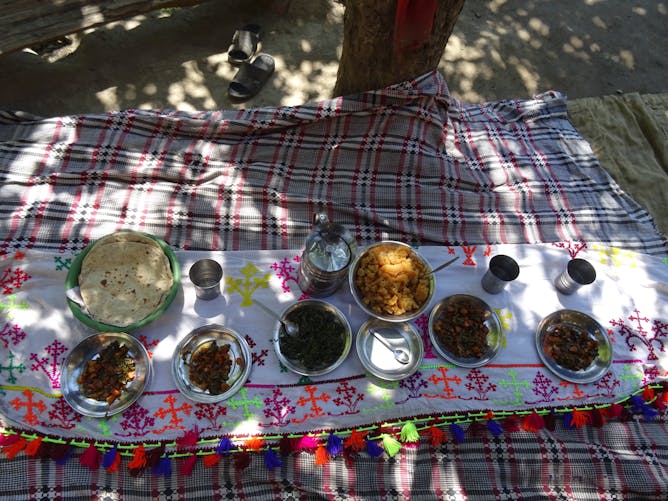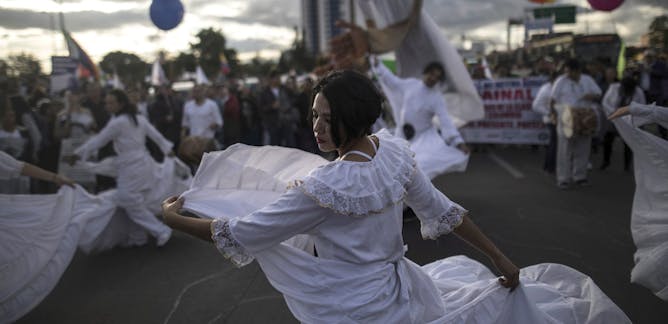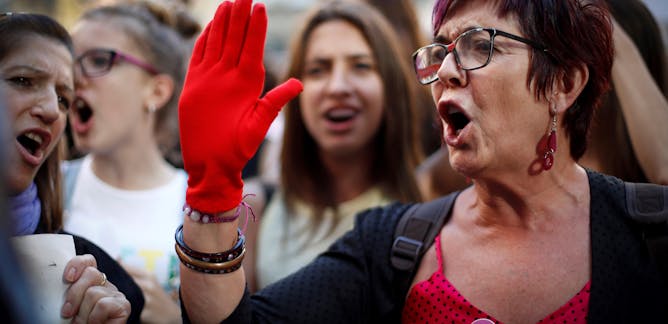|
In Egypt and Turkey, Islamic movements have struggled to survive in authoritarian regimes that exert strong control over religious practice. Egypt’s autocratic presidents keep mosques and Al-Azhar, a leading educational institute of Sunni Islam, under their thumb. And in Turkey, a government agency called the Diyanet oversees religious affairs and defines for the Turkish people what “correct Islam” is. Ahmet T. Kuru explains how these political conditions have given the Muslim Brothers in Egypt and the Gulenists in Turkey a well-founded fear of persecution.
Over the last few weeks, many stories have been published about what’s happening in Kashmir. Today, we have a very personal article by critical anthropologist and former humanitarian worker Omer Aijazi about his research in the region and how he learned a lot by spending time in Kashmiri kitchens.
|

Mohammed Morsi, a member of the controversial Islamist political organization the Muslim Brotherhood, was Egypt’s first democratically elected president. He was overthrown in a coup in 2013 and died on trial this June.
Reuters/Amr Dalsh
Ahmet T. Kuru, San Diego State University
A few years ago, Egypt's Muslim Brotherhood and Turkey's Gulenists were running the show. Now both religious movements face political repression. How did they fall so far, so fast?
|

Meal-time in Kashmir is a time of dialogue.
Omer Aijazi
Omer Aijazi, University of Toronto
As Kashmir faces new challenges, our forms of allyship must also evolve. Perhaps we can learn some lessons from its kitchens.
|
Politics + Society
|

Luciana Zorzoli, SOAS, University of London
The primary results confirm the end of the austerity project but this is not enough to solve Argentina's fundamental problems.
| |

Diana M. Barrero Jaramillo, University of Toronto
In Colombia, a 2016 peace agreement does not contain the ongoing violence. Violence escalates as criminal armed groups replace the FARC rebels in a violent battle for land and resources.
|

Deborah Madden, University of Manchester
A trial echoing the la Manada gang-rape case is being heard as an incident of 'sexual abuse'.
| |

Austin Sarat, Amherst College
People in jail kill themselves at a rate 3.5 times higher than that of the general population.
|
|
|
Arts + Culture
|

Shareena Z Hamzah, Swansea University
We shouldn't assume that discussion of bodily changes necessarily means progression towards a more equal society.
| |

Rebecca Woods, University of Huddersfield
The word 'like' has a grammar, and by looking at it, we can learn a lot about what 'like' means and what it contributes to someone’s speech.
|
|
|